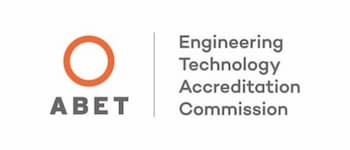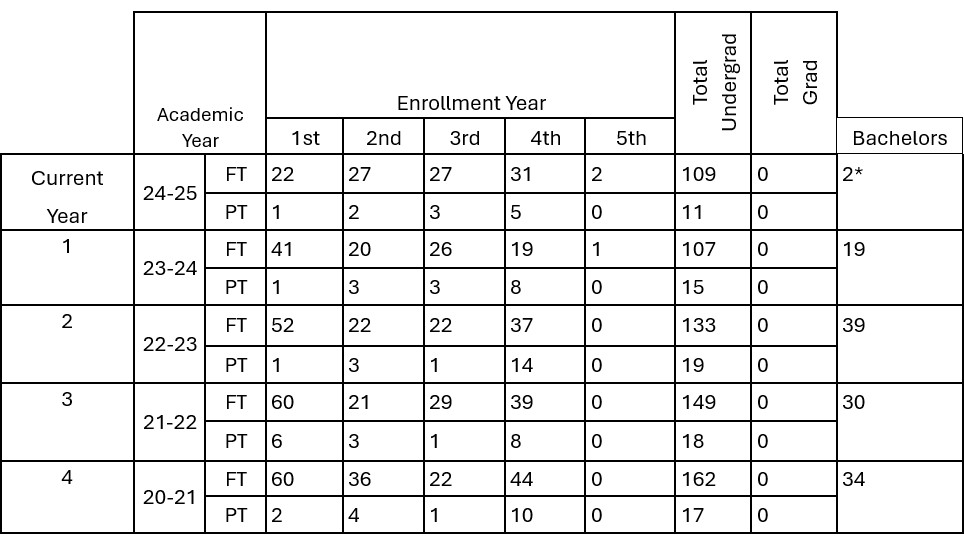Texas A&M University at Galveston is a special purpose institution for teaching, research, and public service with respect to marine and maritime studies in science, engineering, and business, leading to a degree from Texas A&M University and an Aggie Ring. The University is also the home of the Texas Maritime Academy. The goal of the Marine Engineering Technology (MARR) program is to produce graduates with a Bachelor of Science degree who perform engineering work in the marine sector or marine-related shore-based industries. In addition, this degree helps students to understand the design, production, operation, maintenance, and management of engineering systems and projects.
Opportunities for such work abound in the vicinity of the University, which is located just south of the fourth largest metropolis in the U.S. The Houston/Galveston area has extensive port facilities, considerable commercial, recreational, and military ship traffic, as well as, an ever-increasing offshore and onshore infrastructure associated with the oil industry. There are many career opportunities including operational, management, and leadership positions for these graduates. Ideally, they will be well prepared for working on ships, at port facilities, shore facilities, or particularly in power generation, distribution, and concomitant auxiliary support systems. The program provides a License Option and a Non-License Option. The License Option is intended for cadets of the U.S. Maritime Service Corps who can then appear for the U.S. Coast Guard license examination, enabling them to serve as engineering officers aboard sea-going vessels.
Our goal is to produce graduates with a strong background in engineering fundamentals, mathematics, and analytical methods, which is reinforced by practical machine-shop, welding, and laboratory experiences (including several on the training ship). The curriculum builds on a foundation of basic engineering topics such as fluid mechanics, thermodynamics, electricity, drafting, and materials science to develop inter-disciplinary skills required for the practice of marine engineering. In particular, the program’s educational objectives are to produce graduates who:
- Graduates will be able to skillfully plan, design, operate, and maintain marine engineering systems.
- Graduates will engage in continuous professional development and lifelong learning, staying abreast of advancements in marine technology and industry practices and demonstrating the ability to communicate and adapt to evolving challenges and opportunities.
- Graduates will uphold the highest standards of ethical conduct and professional integrity in their interactions with colleagues, clients, and stakeholders. They will adhere to industry regulations and promote safety, sustainability, and environmental stewardship in maritime activities.


